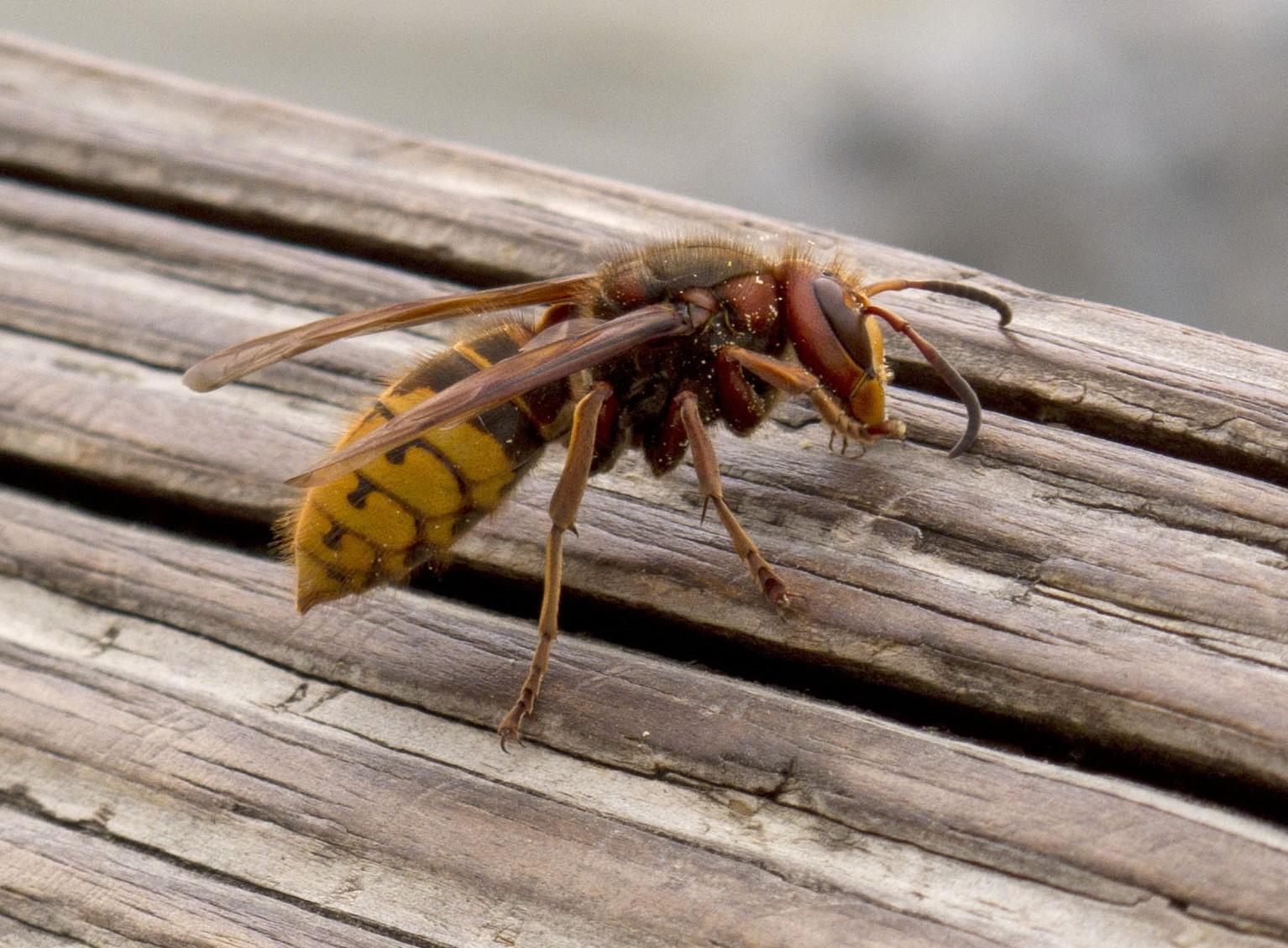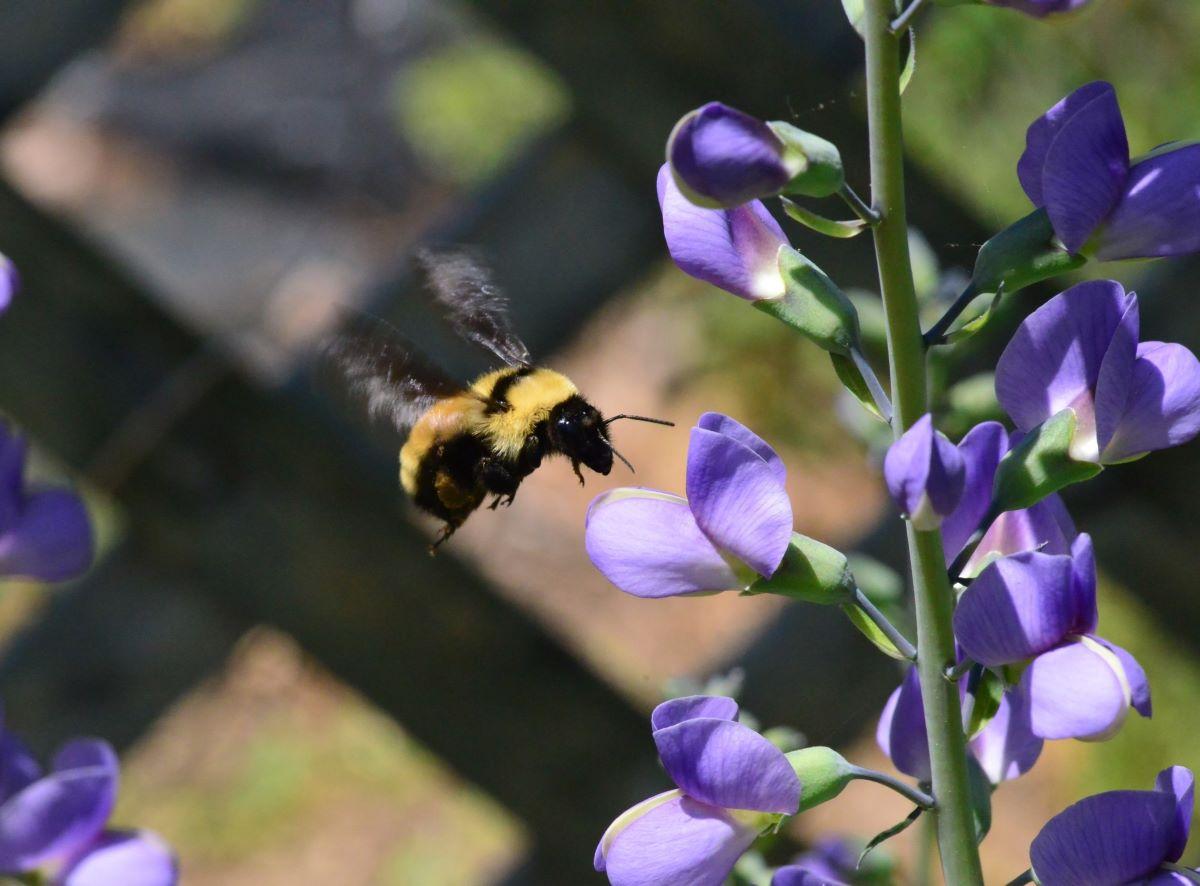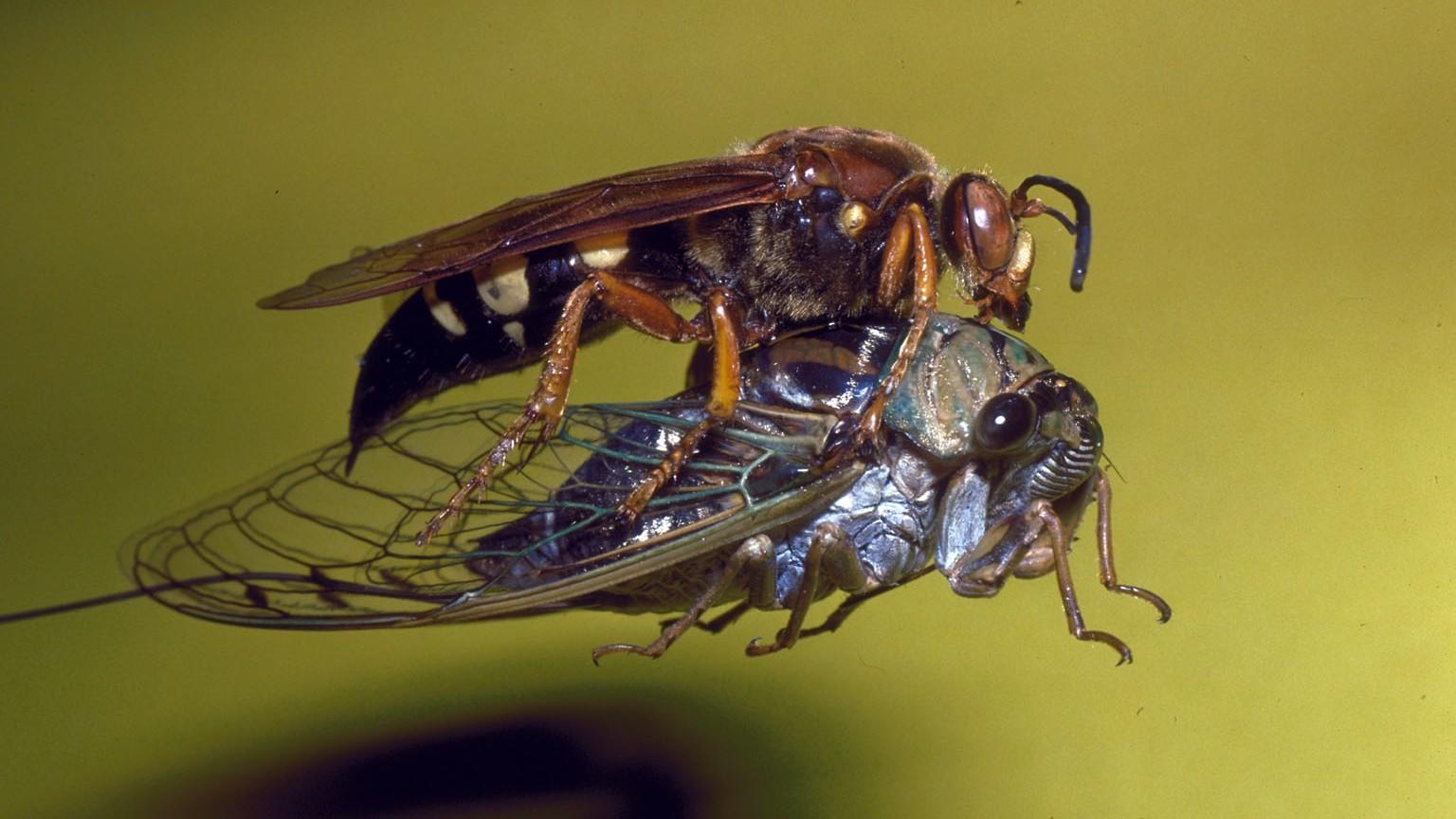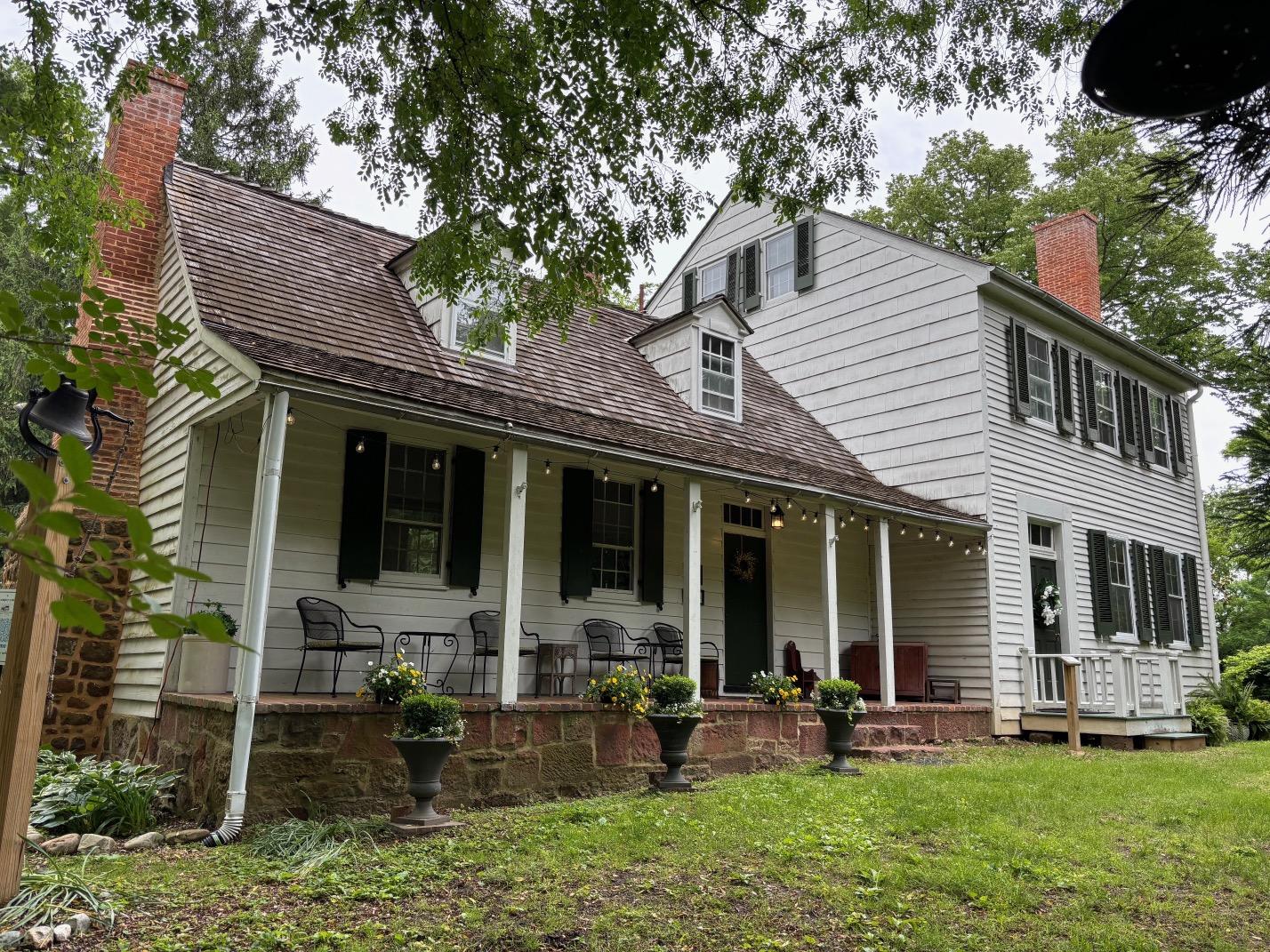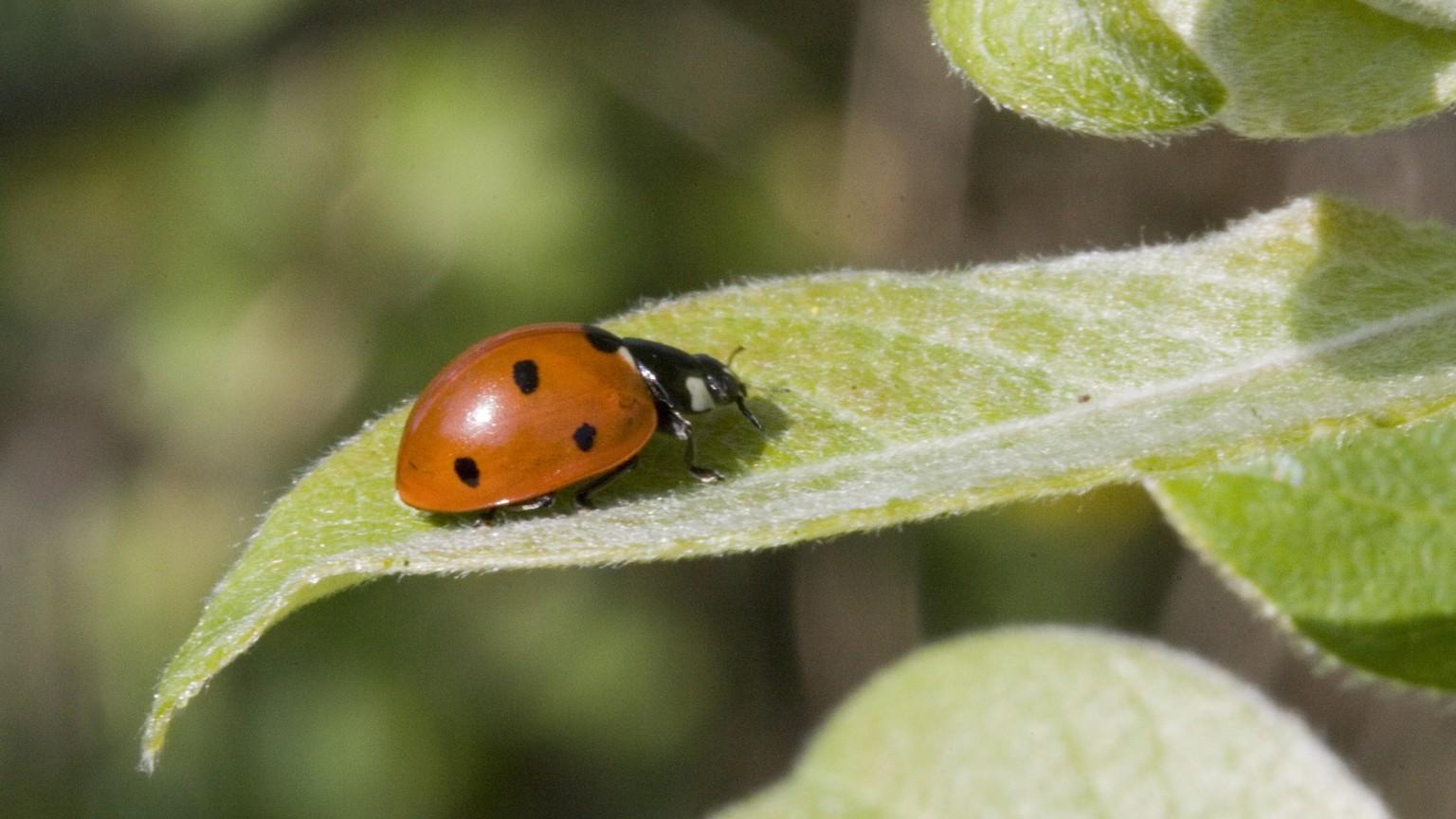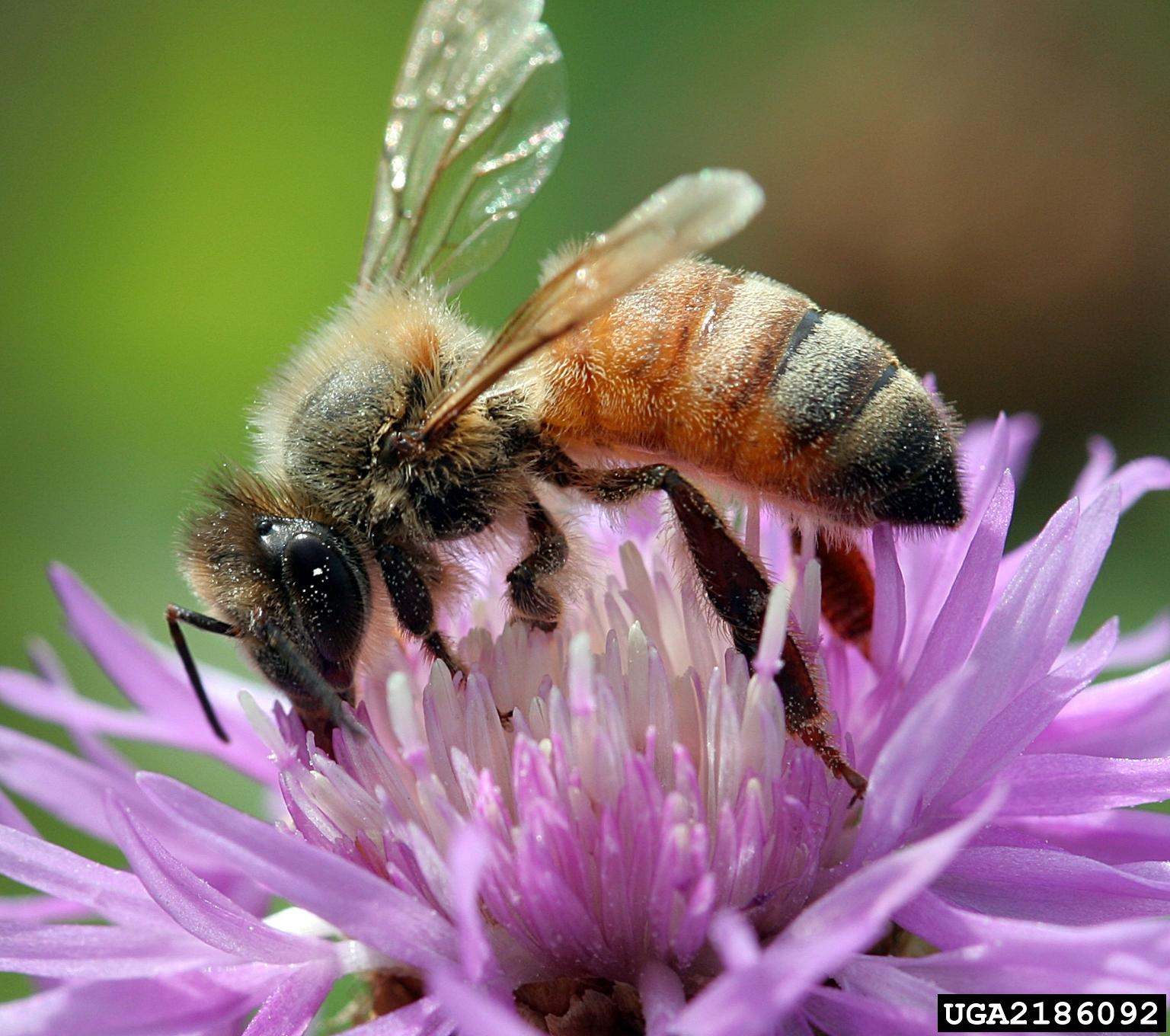Updated: September 15, 2025
The Power of Pollinators (EC-2023-0675)
Authors:
Amy Lang
The Power of Pollinators lessons provide engaging, interactive activities for youth audiences to explore the role pollinators play in our food supply, providing opportunities to explore pollinator species and habitats and engage in environmental stewardship practices to support these vital organisms. As youth explore these concepts they will develop an increased affinity for the natural world and the science that can be used to explore and understand it. Author: Amy Lang; Title: The Power of Pollinators (EC-2023-0675).
